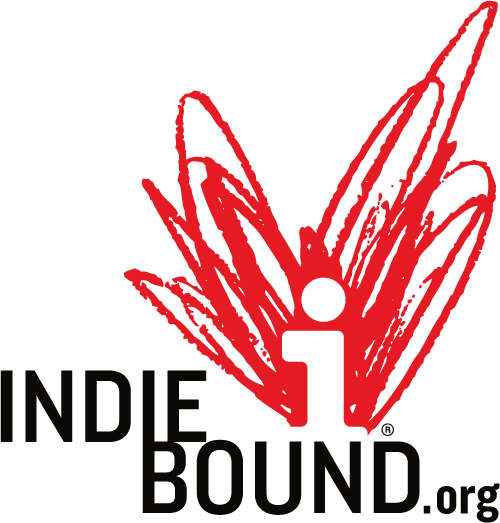One of my favorite things to learn about writers is what their desk looks like.

What kind of person are they? How does their writing match their environment, or does it?
I also love posts about writers’ routines. These don’t usually bear much relation to the work, but it is fun to see how crazy-obsessive some famous writers were. It’s also nice to hear other writers today who have to do exactly the same daily grind that you do (i.e. it’s not all staring out a window waiting for inspiration).
Maria Popova’s Brainpickings article about Zadie Smith’s lecture on the craft of writing is an illuminating one. She redefines the usual classification of planner and pantser (or percolator, in this case) as Macro Planner vs. Micro Manager.
Her chief distinction is where the bulk of work goes on, and when the writer is truly finished, which follows on from that choice. In the case of the Macro Planner, all the work goes into the outline, where the writer decides what will happen, when, where, and how, to whom.
For a Micro Manager, Smith says it happens in the first twenty pages of writing, because the writer is making those decisions about story by feel: through word choice and what the characters seem to spontaneously choose themselves. Consequently, those twenty pages are wrought with tense decision-making, all the oodles of permutations playing themselves out in the writer’s brain before each choice nails down one path and discards others.
For Smith, that means editing as she goes. For me, if I stopped to tinker once I get the idea forming, I’m lost in a morass of decision-making, overwhelmed. So I start with my loose outline, my character and place, as K.M.Weiland says, and feel out a story.
And I don’t look back until I get to some sort of ending.

So when I ‘finish,’ I’m not in the same place Smith is, as a Micro Manager. I’ve simply let out all the characters playing in my head onto the page, and now there is a jungle of detail and action to sort through. My editing process entails pruning weeds, untangling vines, and seeing a pattern emerge from the subconsciously-driven plot. It may be a jungle at first, but after a few rounds of self-editing, it’s at least on its way to becoming Rousham House.
I thought I was more of a Pantser before reading that article, but now I believe I’m in between, closer to the Pure Pantser or Micro Managers, but not all the way there.
What about you? Where are you on the continuum?
Images via Kristibel Camino and Deviant Art

